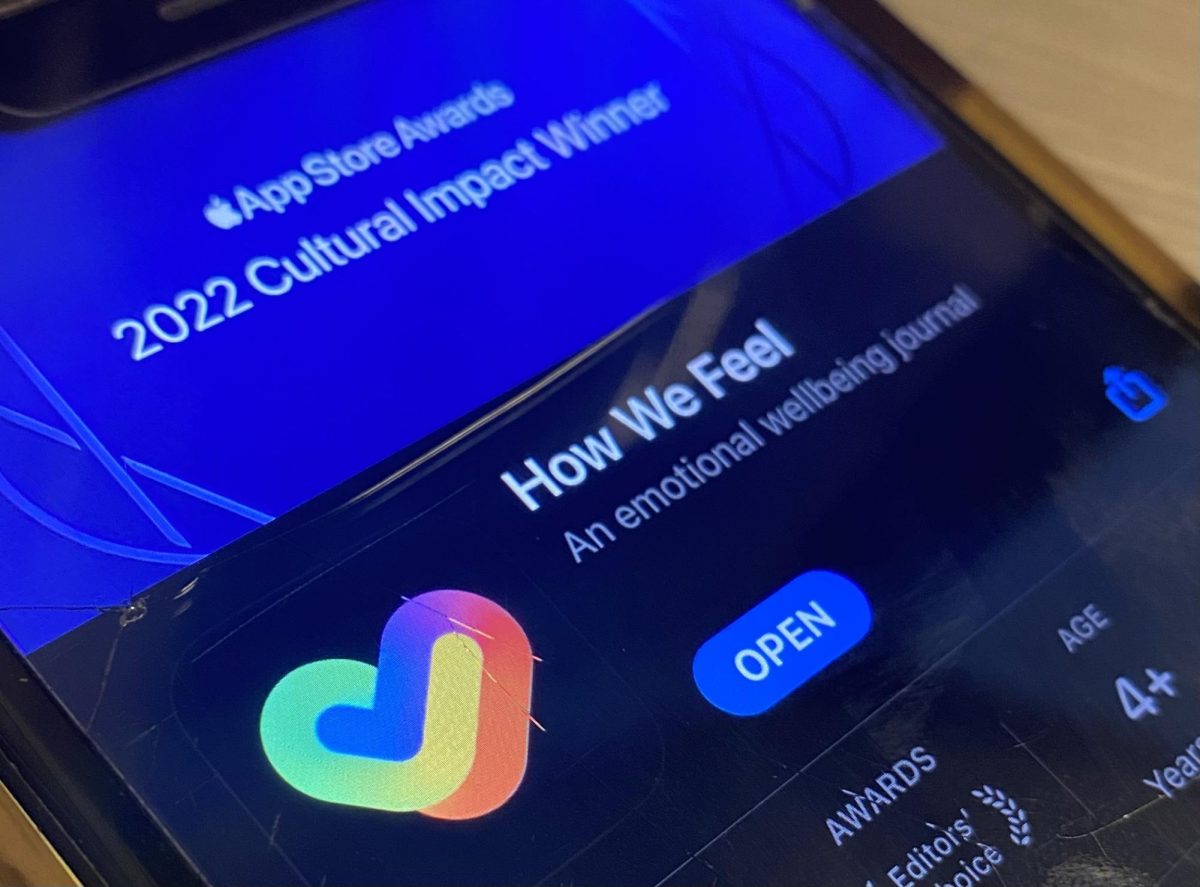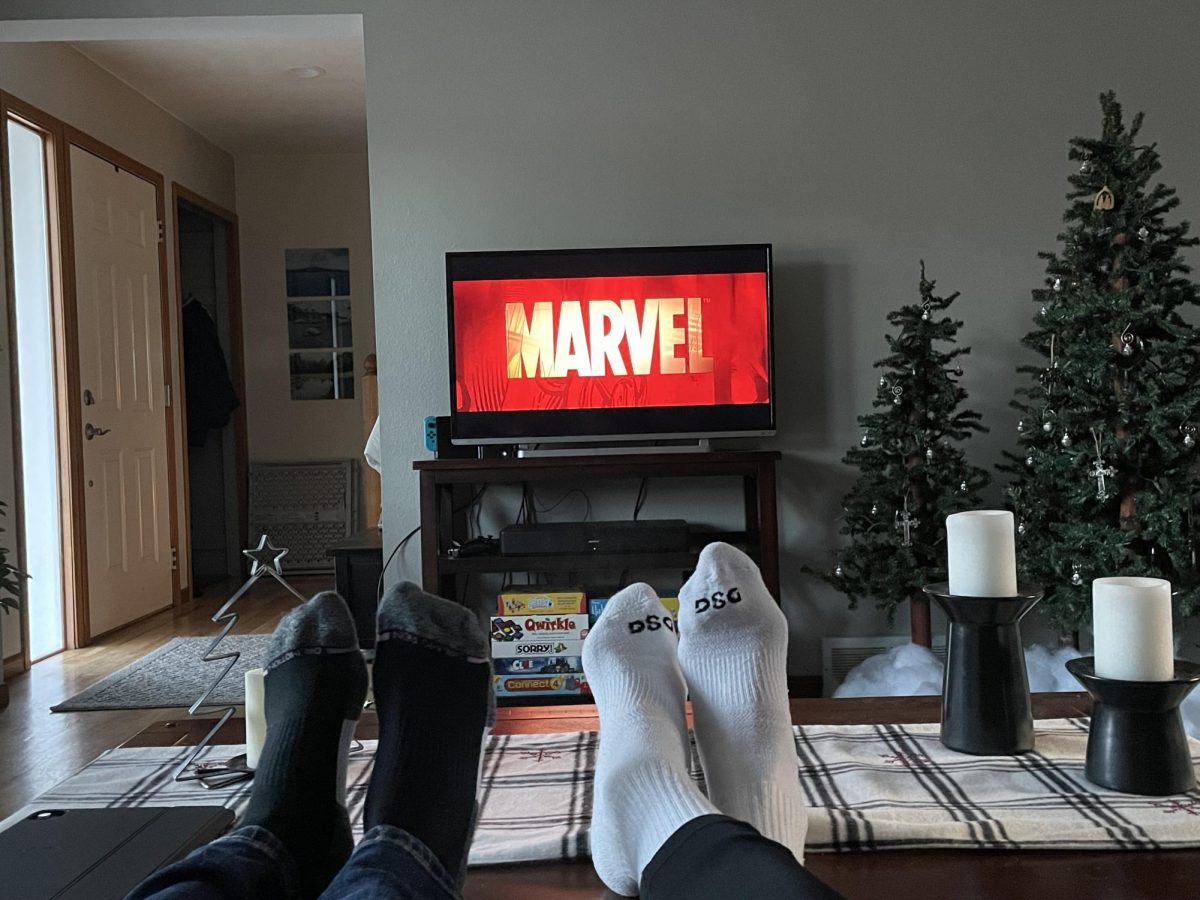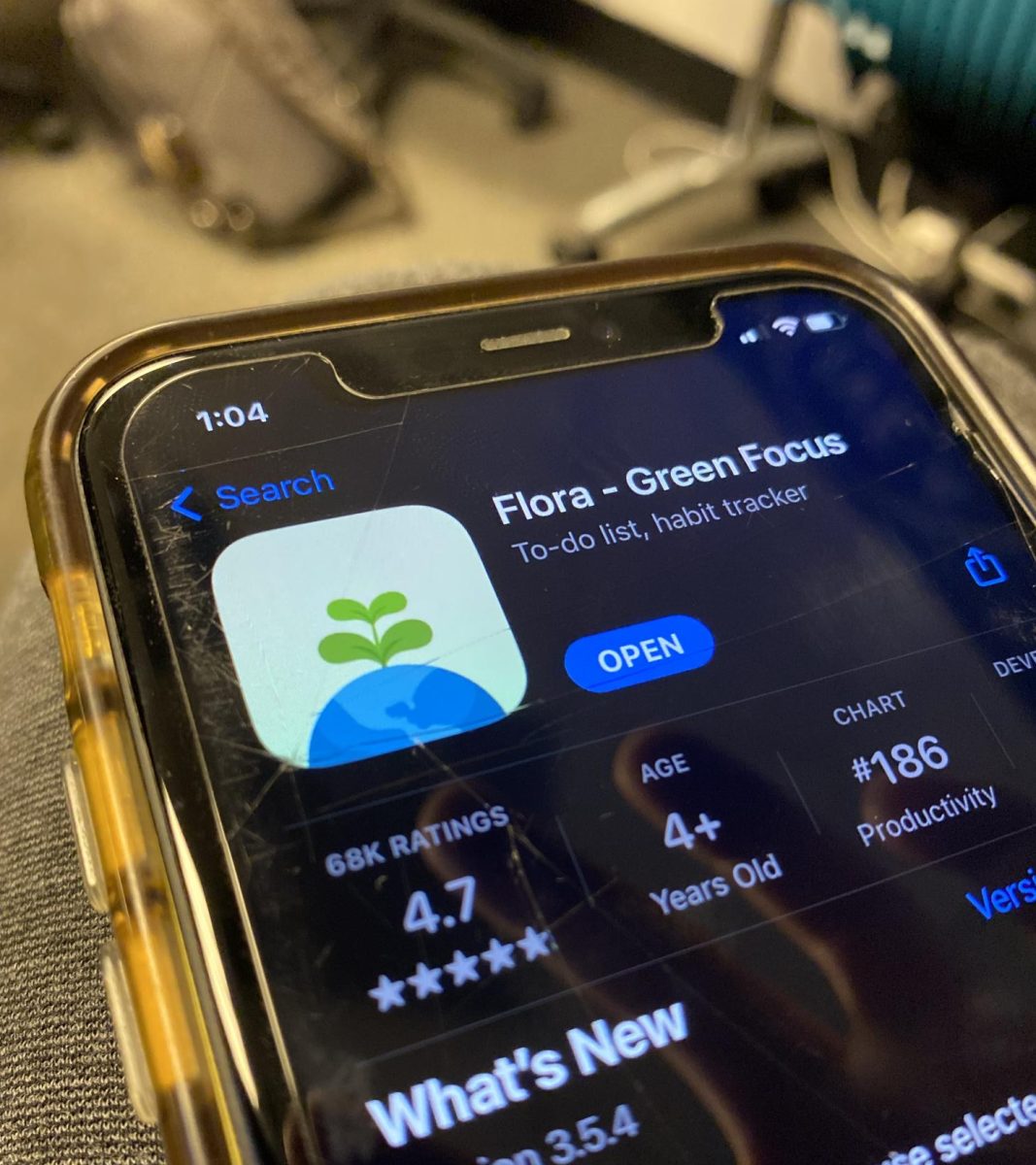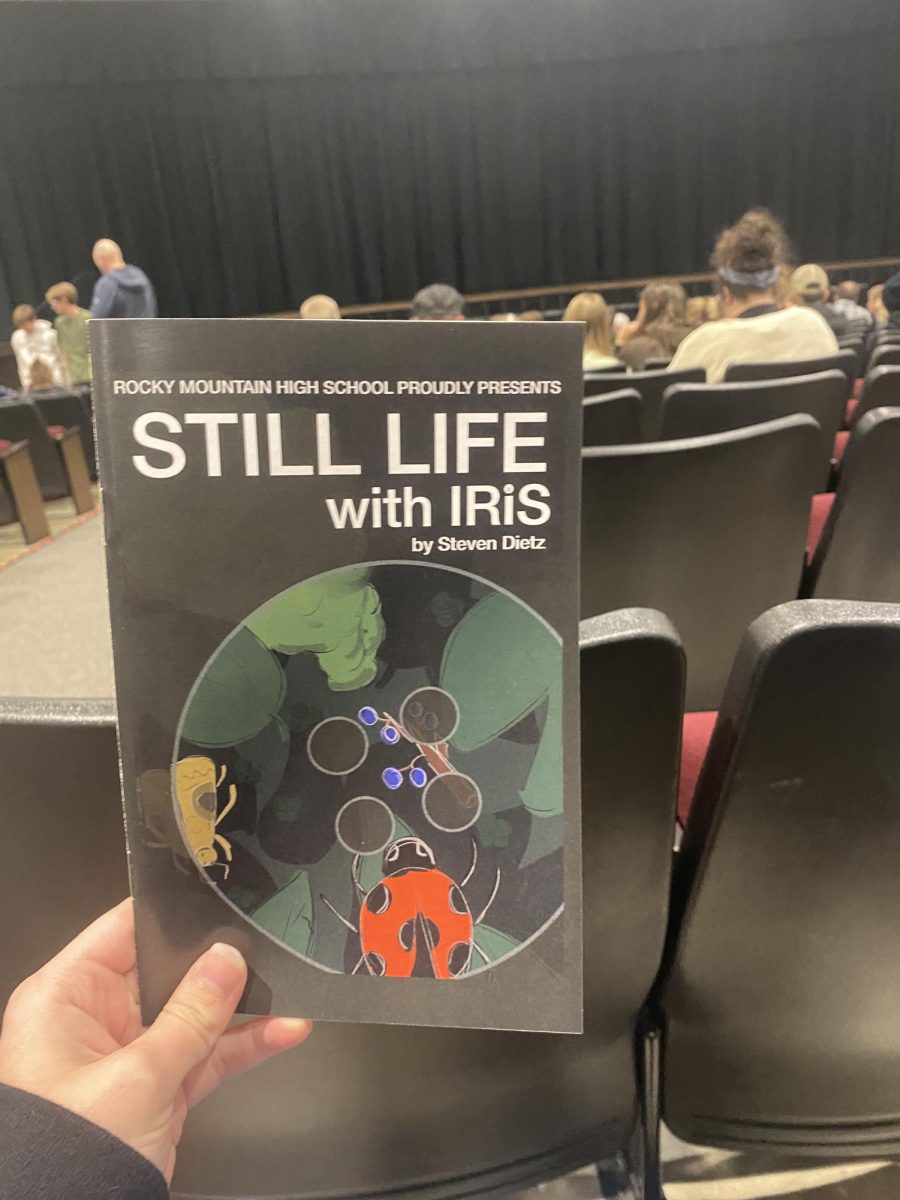Mental health is a vast topic, with so many disorders and varying ways to deal with them, it can be hard to efficiently handle them in simple ways. But what about day-to-day stress or anxiety? Strategies such as breathing and mindfulness have become popular ways to deal with these problems in the moment and, to make these strategies more accessible, several apps have been created over time with the goal of developing healthy habits.
I looked at four different mental health-related apps to see if they helped with stress management and gave me new ways to think about feelings and thought processes: Mindllama, iBreath, Reflecty, and How We Feel are all highly-rated mental health apps available for free on the App Store. (They do have optional in-app purchases, however.)
The first app I downloaded was Mindllama which was rated at a 4.9 out of 5 in the app store, and is an app focused on breathing and sleep. Mindllama lived up to its listed scores. The app had a cute art style with a calming color palette, and quality noise settings available in sleep and breathing sessions that made the overall atmosphere much more enjoyable.
While daily quotes aren’t the most impactful parts of this app, it was fun to be greeted by the words of people and characters when I opened the app. Mindllama was simple to use and had quick access setting options for breathing that made in-the-moment stress management easier. It’s worth mentioning that some parts of the app were somewhat disappointing. Breathing exercises are available for everyone to use, however, changing the characters and sounds beyond their basic setting requires in-app purchases. The same went for the sleep setting as a whole. The purchase requirements in this app didn’t restrict its overall impact but it did make the app less immersive.
The next app I looked at was iBreathe which was rated at a 4.9 as well. The app was true to the name; it is entirely focused on breathing in different ways such as 4-7-8, box, and rectangle breathing, as well as custom intervals that had customizable inhale, exhale, and hold durations.
This app was incredibly simple. A small menu popped up the moment I opened it with four basic options. I could make changes to custom breathing methods, I could read about the benefits of taking deep breaths, and I could access the app’s settings. But, most importantly, I was able to go straight into the breathing. The simplicity of how this app achieves its goal contributes to its appeal. With the goal of breathing to manage stress and anxiety, an app should be as easy as that, breathing.
Reflecty was next on the list. In addition to breathing, journaling, and mindfulness are popular ways to help decompress. Reflecty was rated a 4.6, but it was my personal favorite. The app is based on evaluating yourself, creating check-ins whenever you feel like it in order to put how you’re feeling into words, and creating small goals each day to help you feel productive.
I really enjoyed this app from the beginning; you customize the app color and input a name for yourself. These things made the app feel much more personal and gave me a sense of immersion. With mental health apps, the benefit often comes from long-term use. As I got further into the reflections and features of Reflecty, I found that it was an app I actually enjoyed using, and this contributed to why I enjoyed it so much.
The final app I took a look at was How We Feel which was rated at a 4.9.his app had a reflection-based system. The app has you input a feelings check-in and then gives you various lessons and mindfulness strategies based on the things you’re feeling in the moment.
This app was definitely my second favorite, the simplistic color and art design of this app made it feel refined and professional. I was also very impressed by the amount of content this app contained considering it doesn’t cost anything–this is because the app is a non-profit project created through donations, according to the How We Feel website.
While using this app, I almost felt productive logging different emotions and reflections because of how they led to learning new things about mental health. This app took the benefits of self-reflection and expanding your knowledge and combined them to create a very easy and enjoyable experience.
Mental health is a very important part of your health overall. Maintaining it day-to-day through common coping mechanisms such as breathing, journaling and mindfulness is a good way to handle things as they come up.
These apps are all very helpful in achieving this goal, however, some require purchases before getting very in-depth. Others achieve their goals through simple designs and non-profit efforts that allow you to take full advantage of their features.
If you need to wind down with some breathing or reflect on your emotions, Mindllama, iBreathe, Reflecty, and How We Feel are all great apps with reliable ways of doing so.








